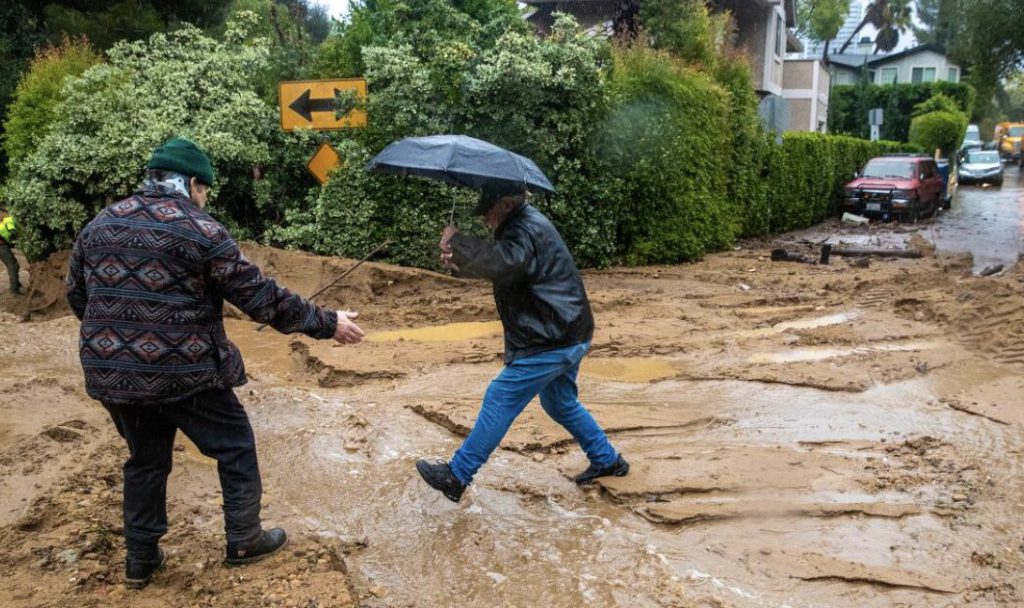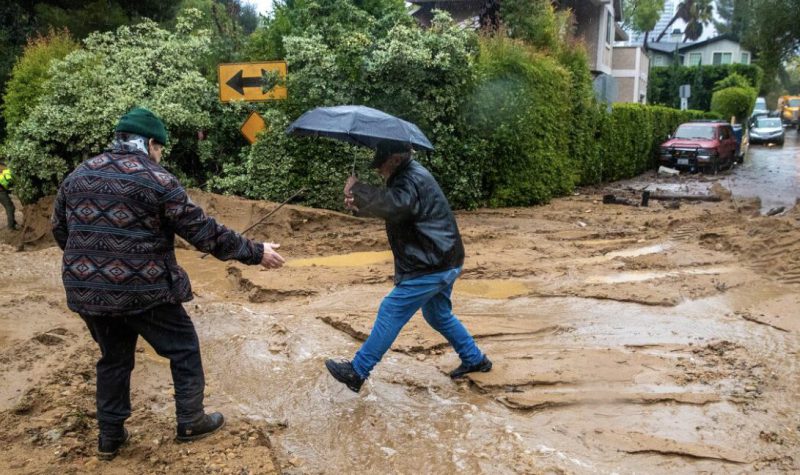Understanding Mud Taxes: What You Need to Know
If you’re a property owner, you may have heard of mud taxes but might not fully understand what they entail.
In this guide, we’ll unravel the mystery behind mud taxes, explaining what they are, how they work, and why they matter.
By the end, you’ll have a clearer understanding of this property ownership and taxation aspect.
Also read: BRICS: Russia Takes Another Step On Digital Currency Push


What Exactly Are Mud Taxes?
MUD, short for Municipal Utility District, is a special governmental entity by the state of Texas that provides water, sewage, drainage, and other utility services to areas that lack municipal services.
Mud taxes are property taxes levied by these districts to fund the infrastructure and services they provide. Essentially, they help finance the construction, operation, and maintenance of essential utilities within the district.


How Do Mud Taxes Work?
These taxes are typically assessed based on the appraised value of the properties within the district.
The MUD’s board members determine the rates, which may vary from district to district. Property owners receive tax bills detailing the amount owed, which is then collected by the county tax assessor-collector along with other property taxes.


Why Do Mud Taxes Matter?
Understanding taxes is essential for property owners as they directly impact the cost of homeownership.
By knowing how these taxes are assessed and allocated, property owners can better budget for their expenses and understand the value they receive in return.
Additionally, being aware of taxes allows property owners to participate in meetings and elections.
Also read: BRICS: Saudi Arabia Announces $40 Billion Artificial Intelligence Plan
Navigating Mud Taxes: Tips for Property Owners
For property owners, staying informed about mud taxes is key to managing their finances effectively. Here are some tips to help navigate mud taxes:
- Stay Informed: Keep track of any communications from your MUD board regarding tax rates, budget allocations, and infrastructure projects.
- Participate: Attend meetings and elections to stay engaged in decisions affecting your community and rates.
- Budget Wisely: Incorporate taxes into your annual budgeting process to ensure you can cover your property tax obligations.
- Ask Questions: Don’t hesitate to reach out to your board or local officials if you have questions or concerns about mud taxes or utility services.
Conclusion: Taking Charge of Your Property Taxes
In conclusion, mud taxes play a vital role in funding essential utility services in areas that lack municipal services.
By understanding how these taxes work and staying informed about their impact on your property, you can take control of your finances and contribute to the well-being of your community.
So, whether you’re a new homeowner or a long-time resident, knowing the ins and outs of these taxes is an important aspect of property ownership in Texas.





